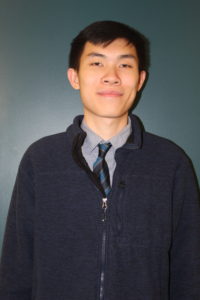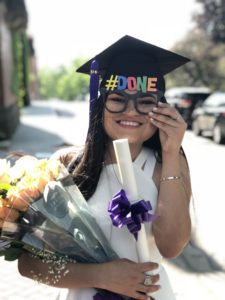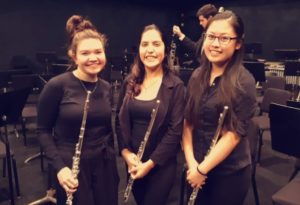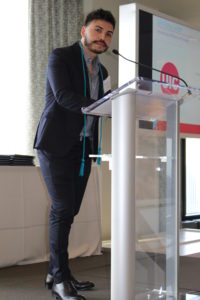 In April 2020, we were pleased to welcome John Higginson to the Chicago Regional Advisory Board. Prior to Groupon, John served as the CTO for Enova, FTD Companies, Wheels, and Applied Systems. Flowers, cars, insurance, money, and now experiences — proof that technology powers every facet of our lives.
In April 2020, we were pleased to welcome John Higginson to the Chicago Regional Advisory Board. Prior to Groupon, John served as the CTO for Enova, FTD Companies, Wheels, and Applied Systems. Flowers, cars, insurance, money, and now experiences — proof that technology powers every facet of our lives.
John earned his B.A. from one of Bottom Line’s target colleges, Northern Illinois University, and M.S. in IT and Privacy Law, with honors from The John Marshall Law School and is a frequent writer and speaker on technology, leadership. A champion of Diversity, Equity, and Inclusion, he spends time working with organizations to help women and underrepresented minorities enter and advance in technology careers.
We recently asked John to share about why John joined Bottom Line’s Chicago Regional Advisory Board and his passion for our mission:
Why were you motivated to join Bottom Line’s Regional Board?
I’m the first person in my family to graduate from college so the mission of Bottom Line and the stories of the students really resonate with me.
How would you describe our mission? Why is it important to you?
Bottom Line provides the support system that students might otherwise get from their families. Being the first in your family to attend college is difficult. No one else knows what the experience, challenges are like — especially parents. It’s expensive which in many families puts tremendous stress on finances. And sometimes parents or grandparents — because they themselves didn’t attend college — undervalue it. The counselors at Bottom Line help students navigate everything from decisions about majors, to financial assistance, to encouragement.
Beyond that, the mission is important to me because the single best investment we can make as a society is education More education is directly linked to higher wages, homeownership. And as a technology leader I’m acutely aware that we don’t have nearly enough people to fill the jobs we have in our industry. We can’t “invent the future” if we can’t get enough people in the laboratory.
Why do you think Bottom Line is now more important during the pandemic?
COVID-19 and the quarantines in place to mitigate its spread put enormous strain on people. Having your normal social life disrupted is a part of that. Many people are staying home which often means they are caring for younger siblings. And remote learning is just different. The quick question you would normally ask your professor, the easy interaction with fellow students, study groups are made much more difficult. Having that trusted advisor from Bottom Line to help with everything from coursework help to just talking through the stress of quarantine is vital to helping these students stay in school and graduate.










